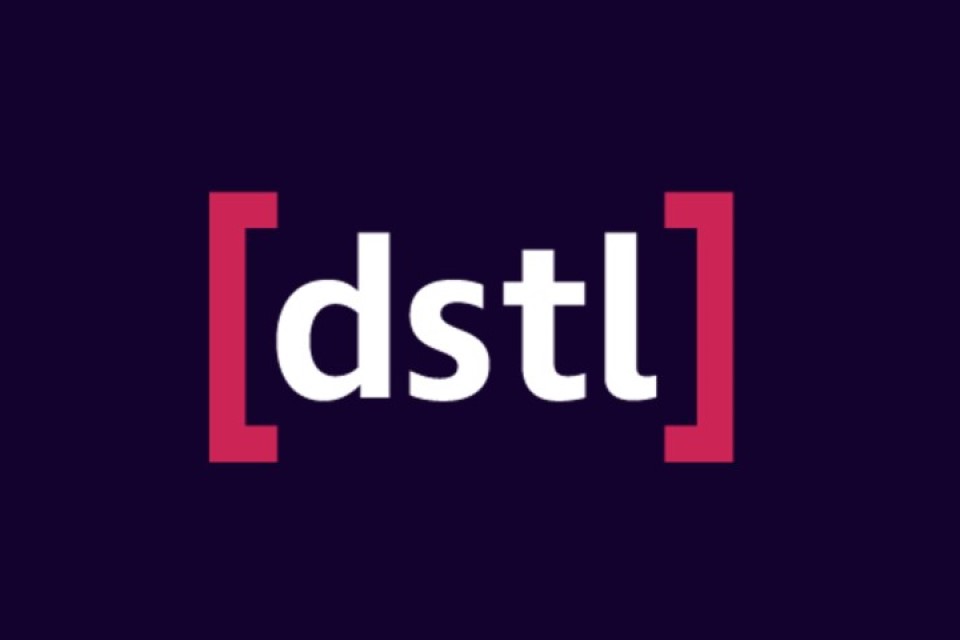Cross-cutting enablers
Published 23 October 2020
The final two Building Blocks are cross-cutting enablers, bringing everything together to ensure we are able to deliver a capability that can create the anticipated benefits. These are expressed in terms of Enterprise and Expertise.
1. Enterprise
No, not the starship, but the wider enterprise that we operate in and within which we are delivering AI and Autonomy: our own organisation, partners, industry, academia – the list goes on. We must ensure this enterprise is prepared for Autonomous Systems, in every aspect from procurement and maintenance, to organisational governance and appropriate training for our people.
1.1 Acquisition
- What’s the right delivery model and what are the financial and commercial arrangements to support this?
1.2 Supply base
- Do we have access to the thriving and diverse supply base for AI and autonomy? Do we know whether we’re getting the best capability for what we can afford?
1.3 Organisational readiness and governance
- Is it clear where within the organisation a new capability will fit, how it will be governed, what constraints it might operate under, and who will be training users?
- Is your organisation culturally ready to adopt AI and autonomy, or could you encounter resistance?
- Are the right information, infrastructure, logistics and other enablers in place?
- Do we understand the impact it may have on other parts of the organisation?
1.4 In-service support
- Do we have a plan for how to maintain and manage the system once it is in use?
- Will the AI learn from experience and be updated, and if so how?
- Is the platform likely to be modified, and if so, how do we keep the Autonomous System in-step with changes?
2. Expertise
Each of the other Building Blocks must be supported with access to the right expertise through life. This expertise will come from both inside and outside of the business, and possibly from external organisations too, as appropriate to build a diverse team of cross-functional experts.
2.1 Within the organisation
- Do we have the right skills and experience across all of the Building Blocks to result in a successful capability?
- Do we have the capability to continually train and retrain our staff as the discipline develops and evolves?
2.2 Access to outside expertise
- How are we working with partners and suppliers to access the right skills and experience from wherever they are best sourced?
2.3 Diversity
- Is there sufficient diversity (of gender, of ethnicity, of thought) in the teams developing future AI solutions? As well as have the right mix of skills and experience, we need to think about the range of perspectives we need in our multi-disciplinary teams.
- Are we offering the right incentives to encourage others to work with us?
3. And finally …
We hope the Building Blocks will excite everyone to focus more attention across the full breadth of the AI and Autonomy challenge, and to think about these issues much earlier in the lifecycle of developing new Autonomous Systems.
By looking across many organisations and projects, using common terms, we expect to be better able to identify the most widespread and significant barriers to adopting AI and Autonomy, and can therefore focus efforts on addressing those areas.
4. Working with Dstl on AI

Dstl works with its partners and suppliers to deliver research on AI and Autonomy. This research aims to understand how we can responsibly and safely apply these techniques to a wide range of Defence and Security challenges including military decision making, autonomous platforms, computer network defence, sensing, defence logistics, policing and security, streamlining back-office functions and a whole lot more.
To make it simpler to engage with us on AI, Dstl has established AI Lab, a pan-Dstl flagship for AI, Machine Learning and Data Science. We work with suppliers and partners to establish a world-class capability in the application of AI-related technologies to Defence and Security challenges. If you’d like to understand more about Dstl’s work on AI and how to engage, you can email [email protected]

